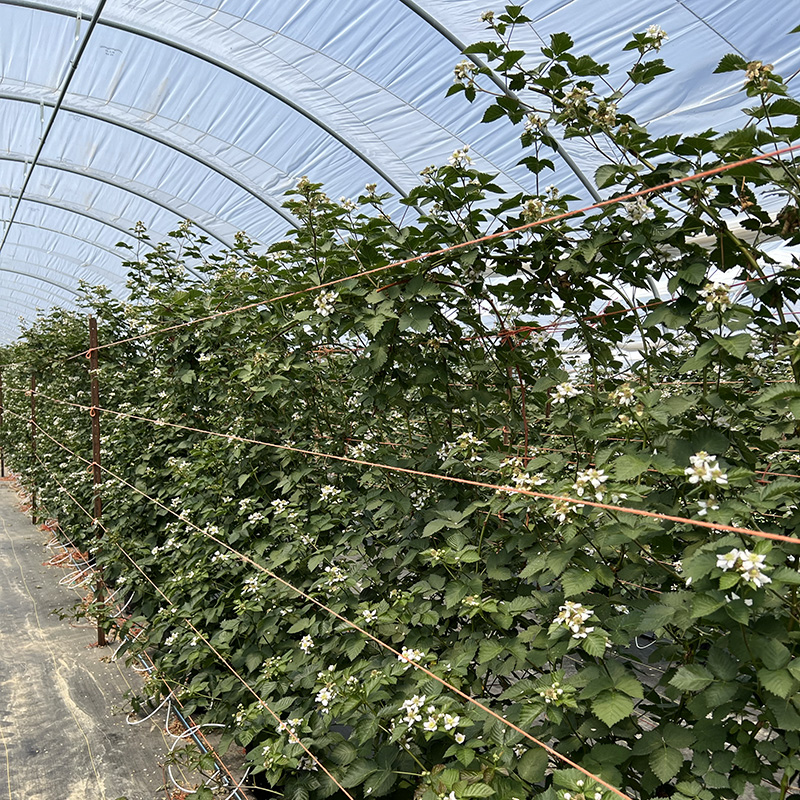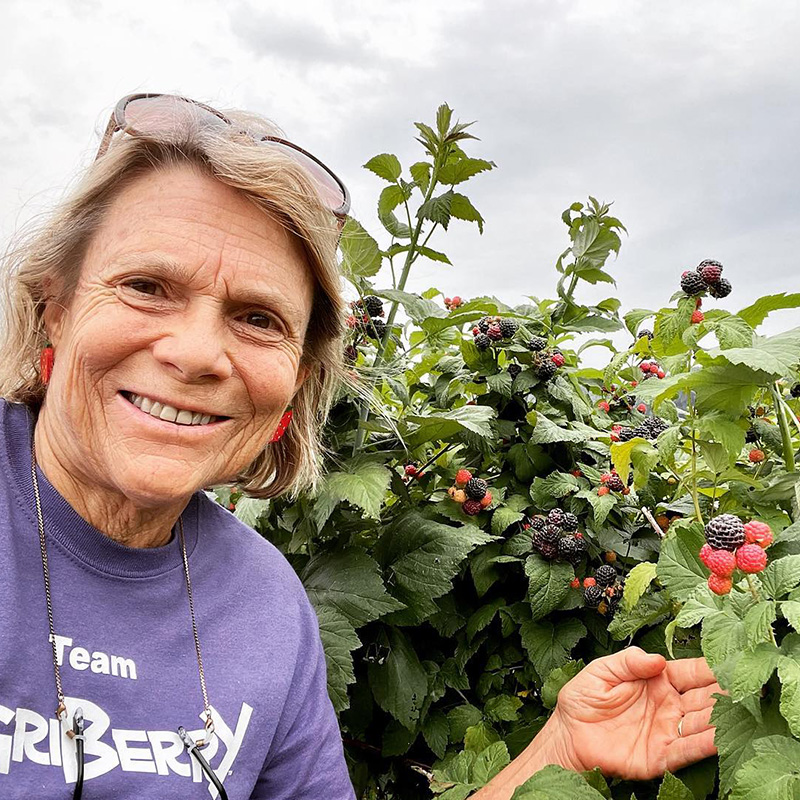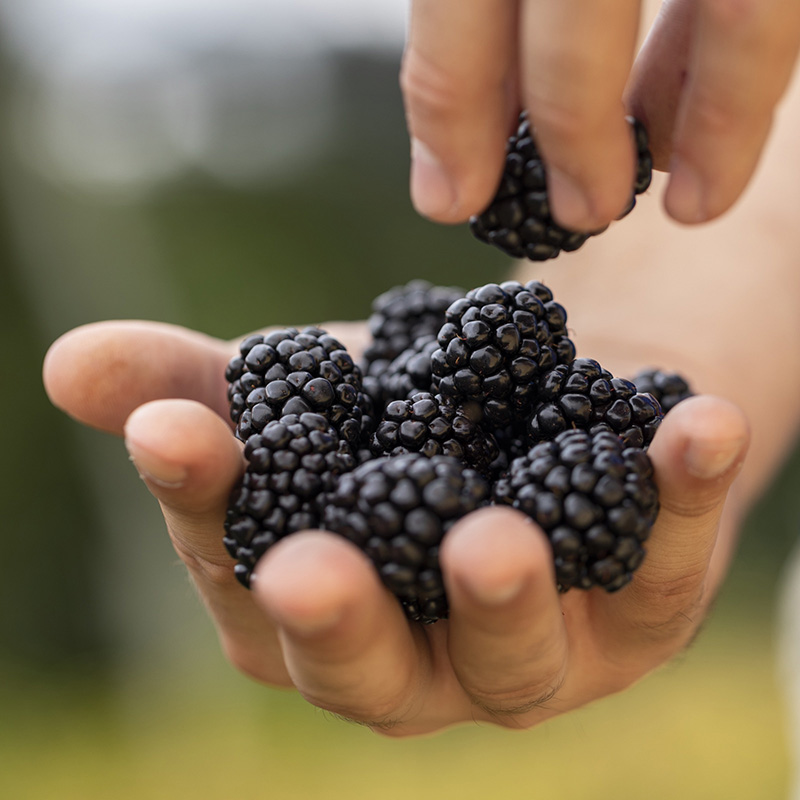NARBA Members
NARBA’s members are a varied group of people and businesses representing farms, businesses and marketers in the berry industry. Over the years, NARBA has developed profiles of various members and will continue to expand these profiles to help keep our members up to date on others in the berry industry.
Carolina Berry Group
Carolina Berry Group (CBG) who joined NARBA in 2023, was founded in 2020 and provides quality fresh fruit from all four berry categories grown in southeastern North Carolina to customers on the east coast. The CBG seeks to provide excellence in packing and marketing services to local, regional and international growers. CBG consists of four companies including, Portside Solutions, Carolina Blueberry Group, Berry Express, and Southern Belle Organics.


Agri-Berry Farm
One of the earliest members of NARBA, Agriberry Farms owned by Chuck and Anne Geyer along with their son Pierson, is also one of the pioneers in the farmer’s market movement in Virginia, the originators of the only fruit oriented CSA (Community Supported Agriculture) program in the area and active in employing aspiring farmers and first time workers at their farm.
Reinforced Logistics
Reinforced Logistics offers shipping for berries from the farm to anywhere in the United States, Canada and Mexico, including multi stop distribution and expedited service. They use the latest Qualcomm satellite tracking technology, plan efficient routes, monitor all shipments, and quickly solve any issues to maintain the schedule all while keeping farms posted with updates. They offer insurance higher than the industry standard with additional coverage available as needed.

Interested in having a member profile shared on our website? Contact info@raspberryblackberry.com
Networking Opportunities
NARBA’s annual conference offers the caneberry industry a place where experts and novice growers can come together!
